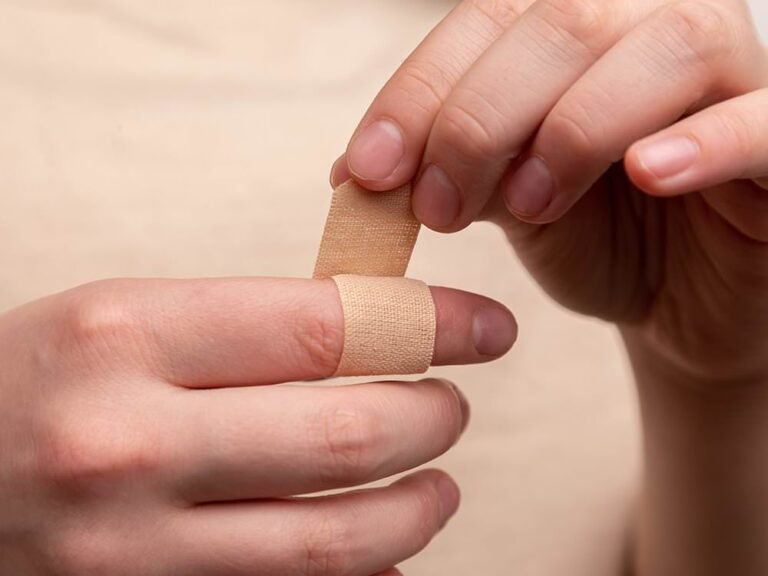guérir
The French verb “guérir” means “to heal,” “to cure,” “to recover” or “to cure oneself.” It can be used in three different ways: transitively, intransitively and reflexively. Let’s see what that means below. Transitive Used transitively, “guérir” means “to cure” someone of something. Transitive means that the verb “guérir” will have a direct object, which…









